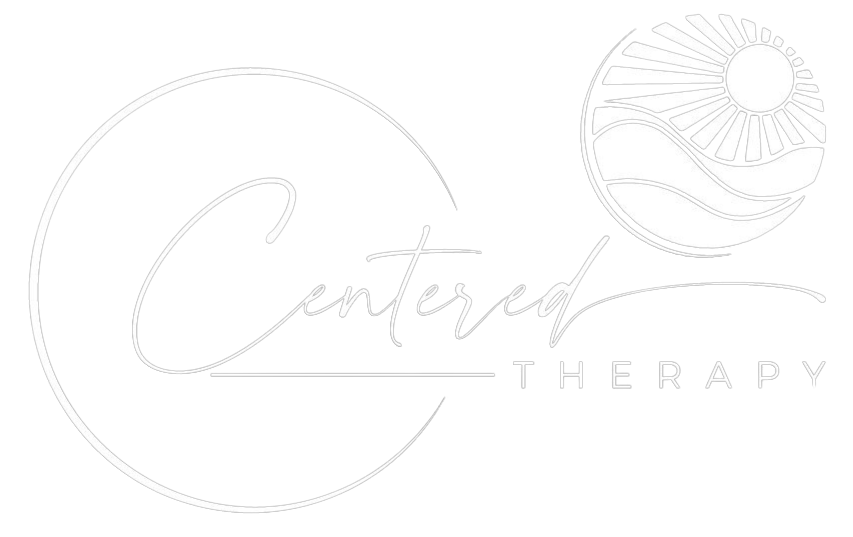Support Through Life Stressors and Transitions
You do not need to live with a mental health disorder to benefit from therapy. When people go through certain transitional times or face unusual stress, they can have a hard time coping. A licensed therapist can talk you through some of those difficult times and help you avoid unhealthy thought patterns.
What Kind of Stressors Can Centered therapy counseling Help With?

It would be impossible to name all the kinds of stressors and transitions that can cause problems for your mental health. Suffice it to say that if something is causing you emotional harm, a compassionate therapist can help.
Therapy can help people through stressful situations, including:
- Abuse and domestic violence
- Chronic pain
- Emotional stress from physical illness
- Divorce and other relationship issues
- Family-related stress
- General worry and stress
- Low self-esteem
- Anger management
- Racial trauma
- Workplace-related stress
Some people believe that because they don’t have a mental health diagnosis, they aren’t feeling “bad enough” to seek help. They may think things like, “some people have it worse.” We believe that all people who want mental health care should be able to access it. Our providers do not judge or compare you to others.

